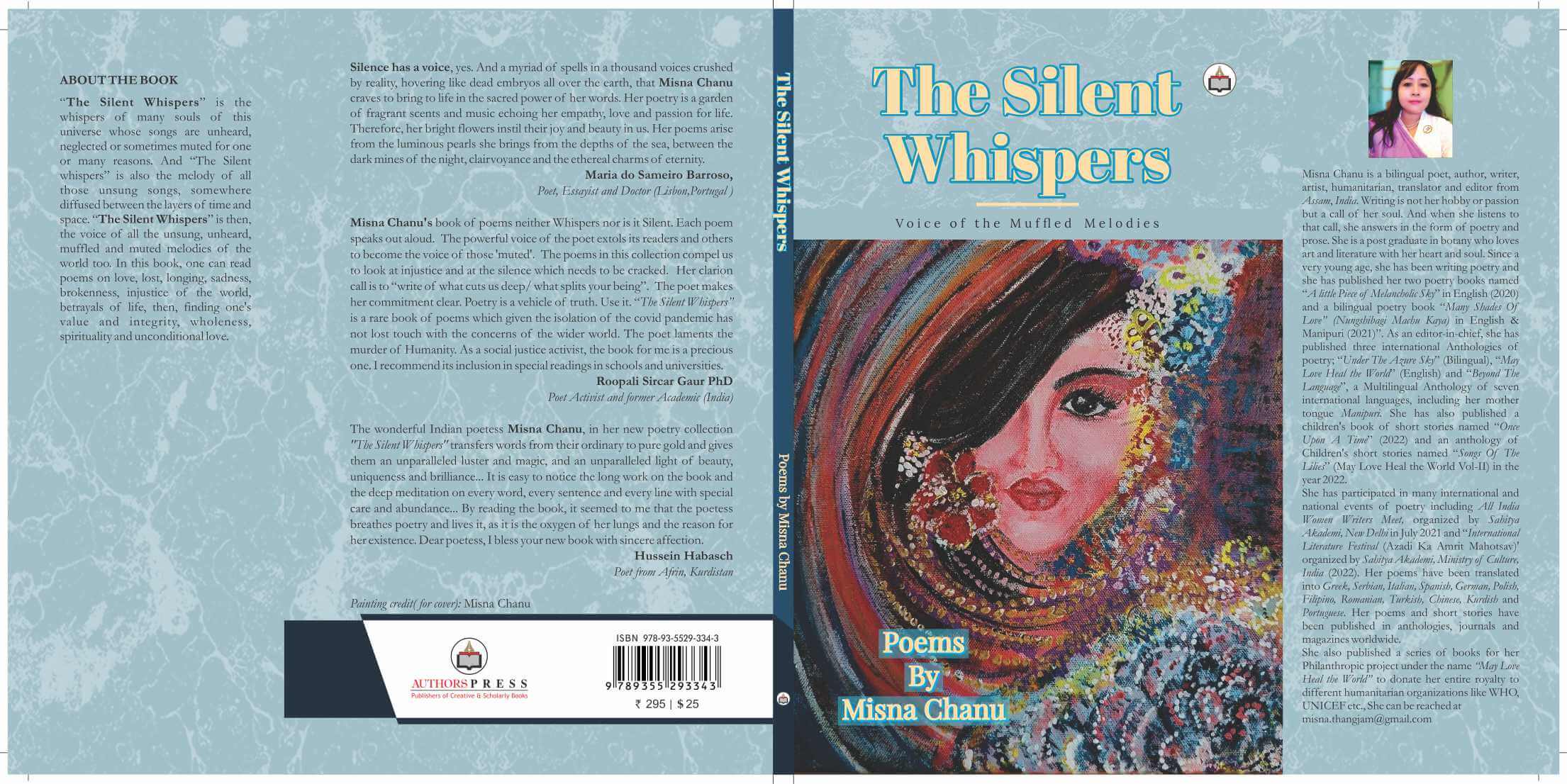Ketaki’s reflection explores the bittersweet nature of New Year’s Eve, contrasting societal celebration with a personal struggle to let go of the past, exclusively for Different Truths.

The oft-quoted lines from a famous poem say that we are avid at ushering in the new, chucking out the old one. The year, which had been with us for 365 days, seeing us through thick and thin, can easily be spurned to welcome a new year, again whose span will be just the same. How can we be so selfish and so reluctant to hold on to the old memories? When I was a child, I used to sit in dumps when my father in the evening tete-a-tete session would suggest we read either Lamb’s “New Year’s Eve” on December 31 every year or recite or read out Tagore’s renowned poem, Barshashesh (The End of the Year), to ourselves.
I sat lost in myself, feeling like bombarding him with a crucial query: “Why are we so eager to sweep off the old year under the carpet, just because a new year had surfaced? Can’t we ask it to stay for some more hours with us, Dad?” But I never did ask; I just toyed with my curiosity and answered on behalf of Father to myself, “Time will never move according to our will. Tomorrow, whether we want it or not, a new year will surely come to stay. So, it’s better to ring out the old one and ring in the new.”
I chanced upon some sepia pages of my old notebook where I had penned these lines on such a New Year’s Eve. I know, it may hold out some appeal to you as these lines are written in the form of poetry:
Oh No! Stay Back, Dear Year
Please stay back for a few hours,
Why are you in a hurry?
Please be the favourite of ours
Why such a hunky-dory?
Who told you to bid adieux,
Did we ever?
Why hold flashy flambeaux
Receding far?
Come tell us a departing year,
Why do you die after 365 days?
Listen to our earnest prayer,
Let, this time, you be a different case!
My father’s eyebrows crinkled into a frown, and he threw me a query: “How can ‘You be a different case’? If this year stays for a few minutes more than midnight, the whole-time frame will be topsy-turvy! You are always emotional, Mithi!” I hung my head to hide my surging tears, as I never can bid adieux to anything so casually! Every year, when all keep ushering the new year, so frantically, preaching vows to change into a better leaf this coming year, caper and gambol with glasses of sherry or red wine in their hands, as though, till the end of the coming year they would be partying; thus, I just drench my pillow at night, bidding send-off to the year that passed into oblivion just half an hour ago! I agree, I am an emotional fool who is invariably an incorrigible dreamer!
What am I going to do this year on the night of 31st December? Let me open up to you, rather candidly. I shall not caper or gambol or explode a cracker or even shall not jig my knees to any number, being blared on the television, but as my grandmother had suggested, I shall read lines from both The Gita and The Bible. I do not have any copy of the Koran; otherwise, I could have read a few lines of Al Hadis with much reverence. Anyway, the lines that are relevant in leading our lives from both of these books are worth quoting (keeping in mind those who can benefit themselves from these lines):
Naasti buddhih ayuktasya na ca yuktasya bhavana
Na ca abhabayatah shantih ashantsya kutoh sukham?
(The person who is not interested in spirituality has neither self-consciousness nor can concentrate in the knowledge of the Supreme! Such detached beings cannot have any peace, and without peace, how can the materialistic man be happy?) ~ The Gita, 2nd Chapter, Sankhyayoga, Shloka 66
As I was reading the meaning of these lines, I was taking a vow at the back of my mind to detach myself from materialistic pursuits. But is that possible for anyone on earth to save the hermits or the initiated ones?
Being educated in a missionary school in Calcutta, I had a formal acquaintance with the Bible, though I read it minutely while coming to teach in the college. At the entrance of our school, these lines from The Bible still stare at us with a tacit appeal:
“The Lord is my shepherd; I shall not want.” (Psalm 23: 1) ~ The Bible
The following lines, I learnt from the pocketbook, “New Testament, Psalms, and Proverbs,” given to us in the prayer hall by our teacher:
Psalm 23: A Psalm of David
1. The Lord is my shepherd; I shall not want.
2. He makes me lie down in green pastures. He leads me beside still waters.
3. He restores my soul. He leads me in paths of righteousness for his name’s sake.
4. Even though I walk through the valley of the shadow of death, I will fear no evil, for you are with me, your rod, your staff; they comfort me.
5. You prepare a table before me in the presence of my enemies; you anoint my head with oil; my cup overflows.
6. Surely goodness and mercy shall follow me all the days of my life, and I shall dwell in the house of the Lord forever.
On New Year’s Eve, I make a promise of following all the golden rules, but on the first day of the New Year, I begin to deviate from my set goals, inch by inch, ascribing to all imaginary reasons or just because of creature comforts enjoyed in my Castle of Indolence. But, this year, things will change for the better, and I shall not be lazy anymore.
Happy New Year 2025 to all my friends!
Picture design by Anumita Roy






 By
By


 By
By